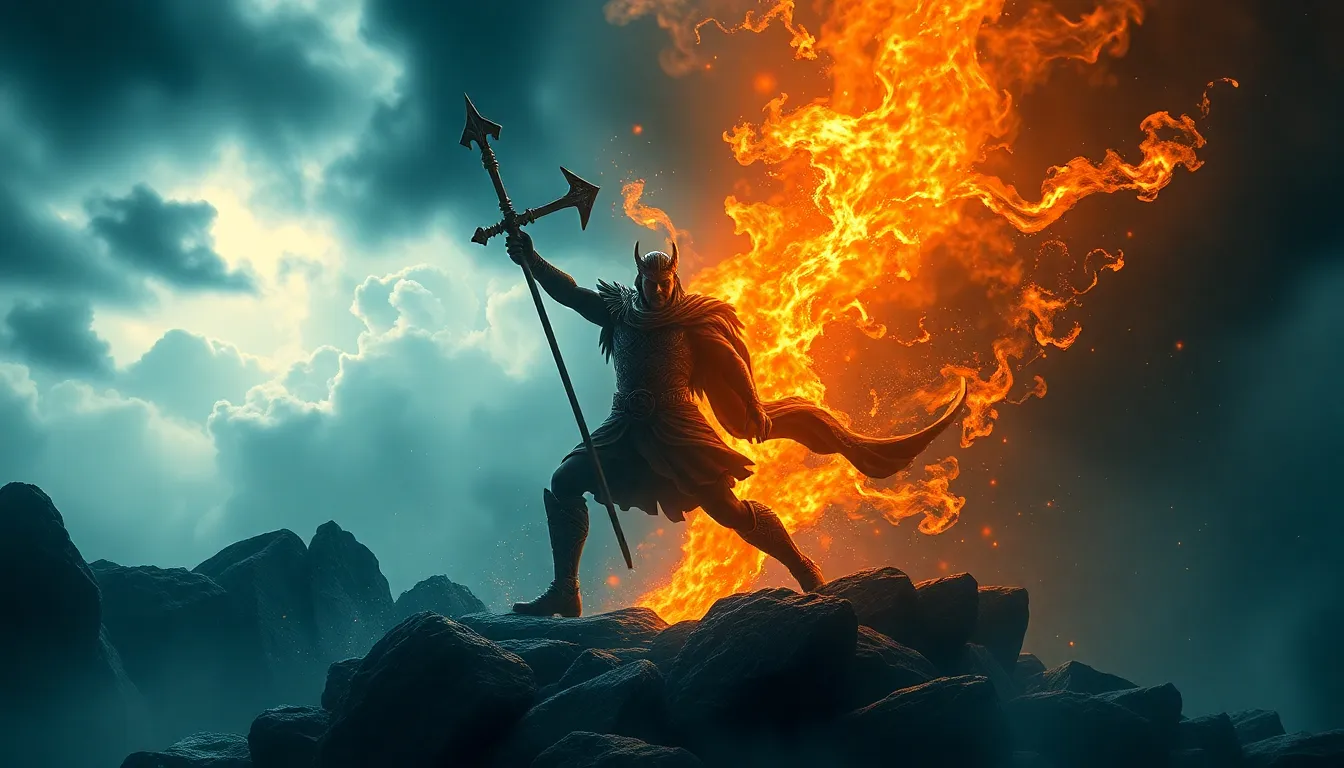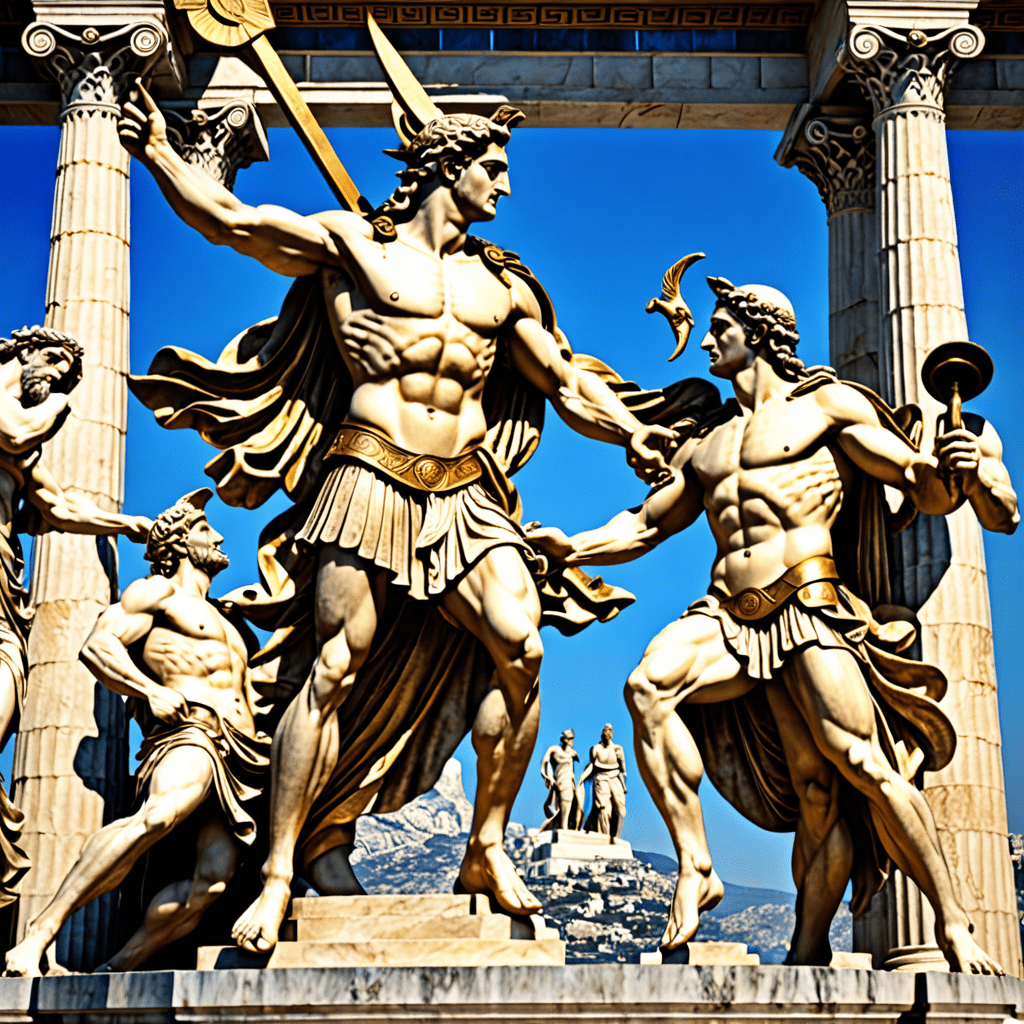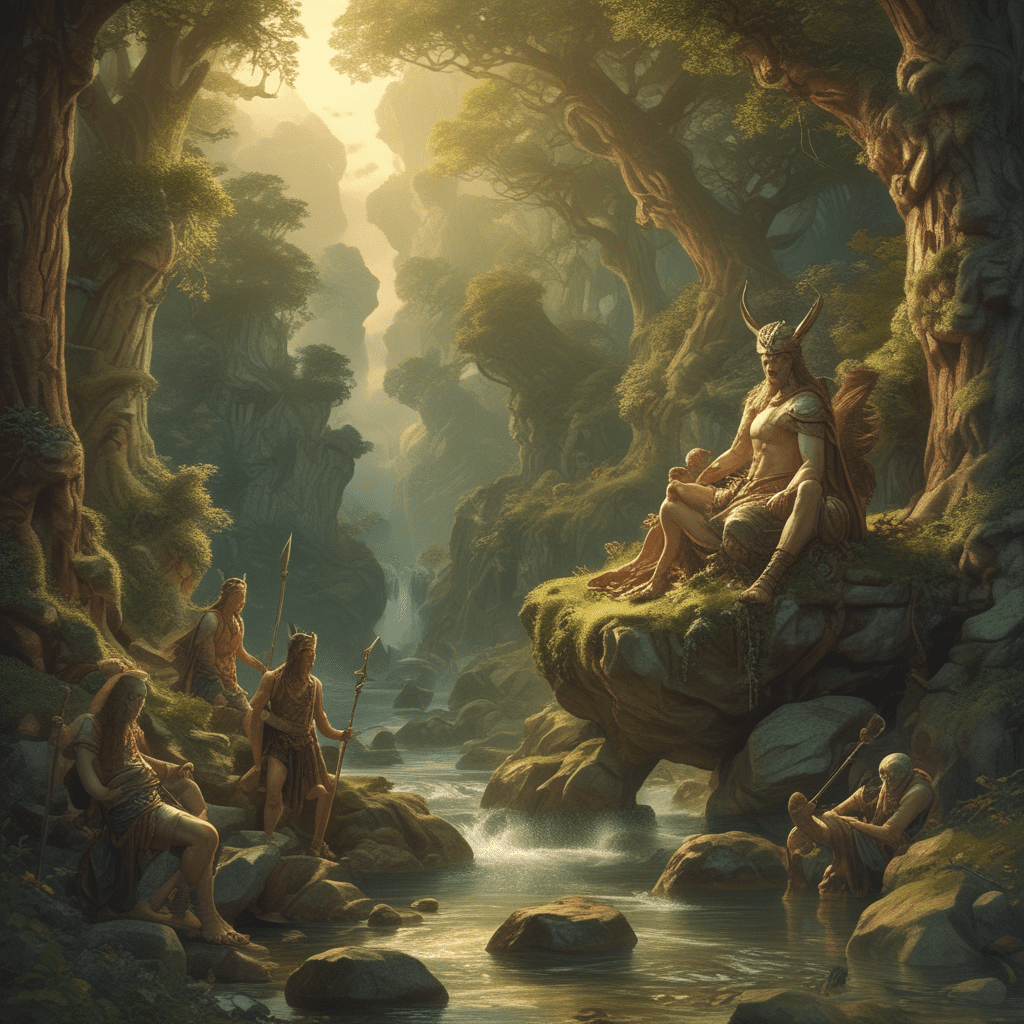The Rise and Fall of Cultural Hero Myths
Introduction to Cultural Hero Myths
Cultural hero myths are narratives that center around extraordinary individuals who embody the values, beliefs, and aspirations of a society. These myths serve as a mirror reflecting the cultural identity and moral framework of the community that tells them. The significance of these myths lies in their ability to inspire individuals, unite societies, and provide frameworks for understanding complex social issues. This article will explore the historical context, functions, rise, evolution, impact, decline, and future of cultural hero myths.
Historical Context of Hero Myths
Hero myths have existed for millennia, emerging in various cultures around the world. The origins of these myths can be traced back to ancient civilizations where oral traditions played a pivotal role in their preservation. Storytellers would recount the deeds of heroes, ensuring that their legacies were remembered and celebrated.
Some notable early cultural hero myths include:
- Gilgamesh: An ancient Mesopotamian king who embarked on epic adventures, symbolizing the quest for immortality.
- Hercules: A Greek hero known for his strength and numerous labors, representing the struggle against overwhelming challenges.
These myths not only entertained but also educated societies about their values and norms.
Functions of Cultural Hero Myths
Cultural hero myths serve several essential functions within societies:
- Social Cohesion: They foster a sense of belonging and collective identity among community members.
- Moral Lessons: Hero stories often convey ethical teachings, illustrating the consequences of actions and the importance of virtues.
- Explanatory Role: They help explain natural phenomena and societal values, providing context for human experiences.
The Rise of Cultural Hero Myths in Modern Society
The industrialization and globalization of the 19th and 20th centuries significantly influenced the creation of new hero myths. As societies transformed, so did the archetypes of their heroes. Media and technology advanced the dissemination of hero narratives, allowing stories to reach wider audiences than ever before.
Contemporary cultural heroes include figures such as:
- Martin Luther King Jr.: A leader in the civil rights movement, advocating for equality and justice.
- Nelson Mandela: A symbol of resistance against apartheid and a champion for peace and reconciliation.
These individuals have become icons, representing the struggles and aspirations of their times.
The Evolution of Hero Myths in Pop Culture
In modern literature, film, and television, hero myths have undergone transformation. Traditional heroes have often been reinterpreted to fit contemporary narratives.
Some key aspects of this evolution include:
- Superheroes: Characters like Superman and Wonder Woman have become cultural phenomena, representing ideals of justice and morality.
- Fandoms: Communities around these characters often engage in reshaping and redefining hero narratives, creating new interpretations of heroism.
The Impact of Cultural Hero Myths on Society
Hero myths can significantly influence society in various ways:
- Social Movements: They inspire activism and galvanize communities towards common goals.
- Psychological Impact: Hero myths can provide individuals with role models, instilling hope and motivation.
- National Identity: They often play a crucial role in shaping a nation’s identity and collective memory.
The Decline of Traditional Hero Myths
Despite their historical significance, traditional hero myths have faced decline in relevance. Factors contributing to this decline include:
- Skepticism: A growing critical examination of classic narratives has led to a reevaluation of who qualifies as a hero.
- Social Media: Platforms allow for the challenging of established narratives, enabling alternative stories to emerge.
Reimagining Heroism in the 21st Century
Today, heroism is increasingly characterized by inclusivity and diversity. Emerging themes include:
- Anti-Heroes: Flawed characters who challenge traditional notions of heroism, such as Walter White in “Breaking Bad.”
- Current Issues: New heroes often reflect contemporary societal challenges, such as climate change and social justice.
The Future of Cultural Hero Myths
Looking ahead, the evolution of hero myths is likely to continue. Predictions include:
- Technological Influence: Virtual environments might give rise to new cultural heroes.
- Sustainability: Hero myths may adapt to reflect changing social values and concerns.
Conclusion
Cultural hero myths have evolved significantly from their ancient origins to modern interpretations. They continue to play a vital role in shaping societal values and inspiring individuals. As we venture into the future, the reimagining of heroism will reflect the complexities and diversities of contemporary life, ensuring that hero myths remain relevant in our rapidly changing world.




